Images by Denise Pietsch
Underwater model Jean Rydberg
If you've been hanging out on our YouTube channel lately, you might have seen our recent video I Tried an Underwater Pool Photoshoot For the FIRST Time!!! - a behind the scenes look at a beginner's attempt at underwater portrait photography. We used the Canon EOS R and dual DS160 II Strobes to capture all of our images, here's a look at the final results.

One of the hardest parts of modeling underwater is trying to present a "natural" face and not squint or look like you're holding your breath. Sunglasses are a great way to hide closed or squinting eyes. Just make sure you hold on to your hats!

Behind this serene yoga image is a delicate balance of managing breath-hold, buoyancy, and a calm face - it's no easy feat underwater. Using strobes that have a rapid recycle time is key, because it allows you to fire off a lot of photos quickly during the brief time you have underwater with your model.

A long train on a dress takes a bit of logistics to figure out underwater but with effort and time you can create a lot of amazing images with a costume like this. Playing off the waters reflection or splaying out the fabric can create unique photos that you can't achieve topside.

What is it about the water's surface reflection that's so mesmerizing? Working with these poses was creatively fulfilling but it's really tough on the model. Be prepared for flooded sinuses!

When all else fails with a costume, you can use it as a framing device. It's not apparent from this photo that this red dress has a 12 foot train, but the contrast between the red of the dress and the blue of the pool creates a unique image all its own.

I could have spent all day taking photos of the light pattern on this fabric, it created beautiful and abstract shapes. But it's a lot of fabric to manage!

In hindsight we learned that weights would have been helpful not just for model and photographer but also for props! Luckily these fake fronds were easy enough to hold on to and add another dimension to the photo.

We thought we'd have the most fun with the costumes but it wound up being the surface reflection images that we spent the most time on. You have such a brief window of time to capture the perfect shot that you often wind up with a distorted reflection. This is a case for firing away rapidly hoping you catch a few photos of an undisturbed mirror image.
Want the easy way to improve your underwater photography? Sign up for our weekly newsletter for articles and videos directly in your inbox every Friday:
 Jean Rydberg, daughter of Ike Brigham, became President & CEO of Ikelite in 2006. Prior to that, she wisely pursued a degree in Astronomy & Astrophysics to prepare herself for the challenges of running a technology-driven manufacturing business with global distribution. Jean fully embraces the need to travel outside of her hometown of Indianapolis to experience good diving. She believes that any camera is capable of amazing results in the right hands, and anyone can become a great photographer given the right advice. When she's not working she's spending time with her husband, cats, and two daughters (though not necessarily in that order).
Jean Rydberg, daughter of Ike Brigham, became President & CEO of Ikelite in 2006. Prior to that, she wisely pursued a degree in Astronomy & Astrophysics to prepare herself for the challenges of running a technology-driven manufacturing business with global distribution. Jean fully embraces the need to travel outside of her hometown of Indianapolis to experience good diving. She believes that any camera is capable of amazing results in the right hands, and anyone can become a great photographer given the right advice. When she's not working she's spending time with her husband, cats, and two daughters (though not necessarily in that order).

Denise Pietsch (pronounced “Peach”) currently manages Ikelite’s Photo School and social media presence. Denise hails from New Jersey, where she obtained a degree in Dance Therapy. After years teaching dance she migrated into the corporate world and eventually came around to Ikelite via the natural career path of fruit distribution and early childhood development. In the end, her lifelong love of photography and octopuses combined into the work she does now. In addition to sharing her energy and enthusiasm with the underwater community she also manages social media for her dog, Joe, collects vinyl records, and enjoys creating memories with her friends and family.
Additional Reading
5 Situations Where You Need a Strobe Underwater [VIDEO]
5 Tips to Improve Your Underwater Portrait Pool Photography
Over-Unders with the Canon EOS R Mirrorless Camera
Setting the Tone: Color Grading for Underwater Photography
Diving Into a Deeper Meaning: Finding Inspiration in the Scuba Industry
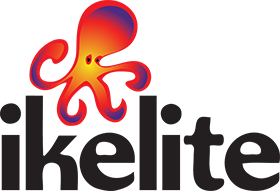
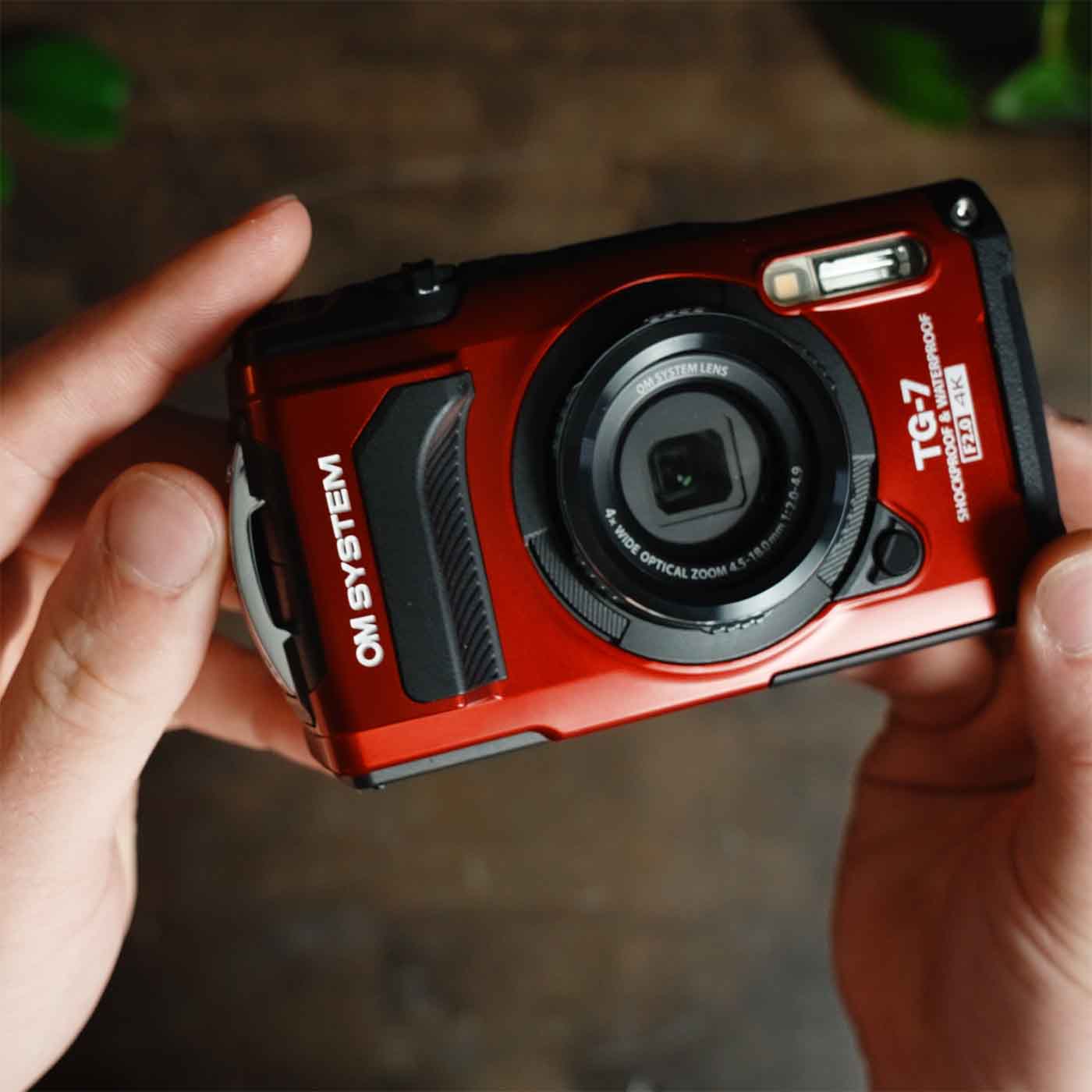
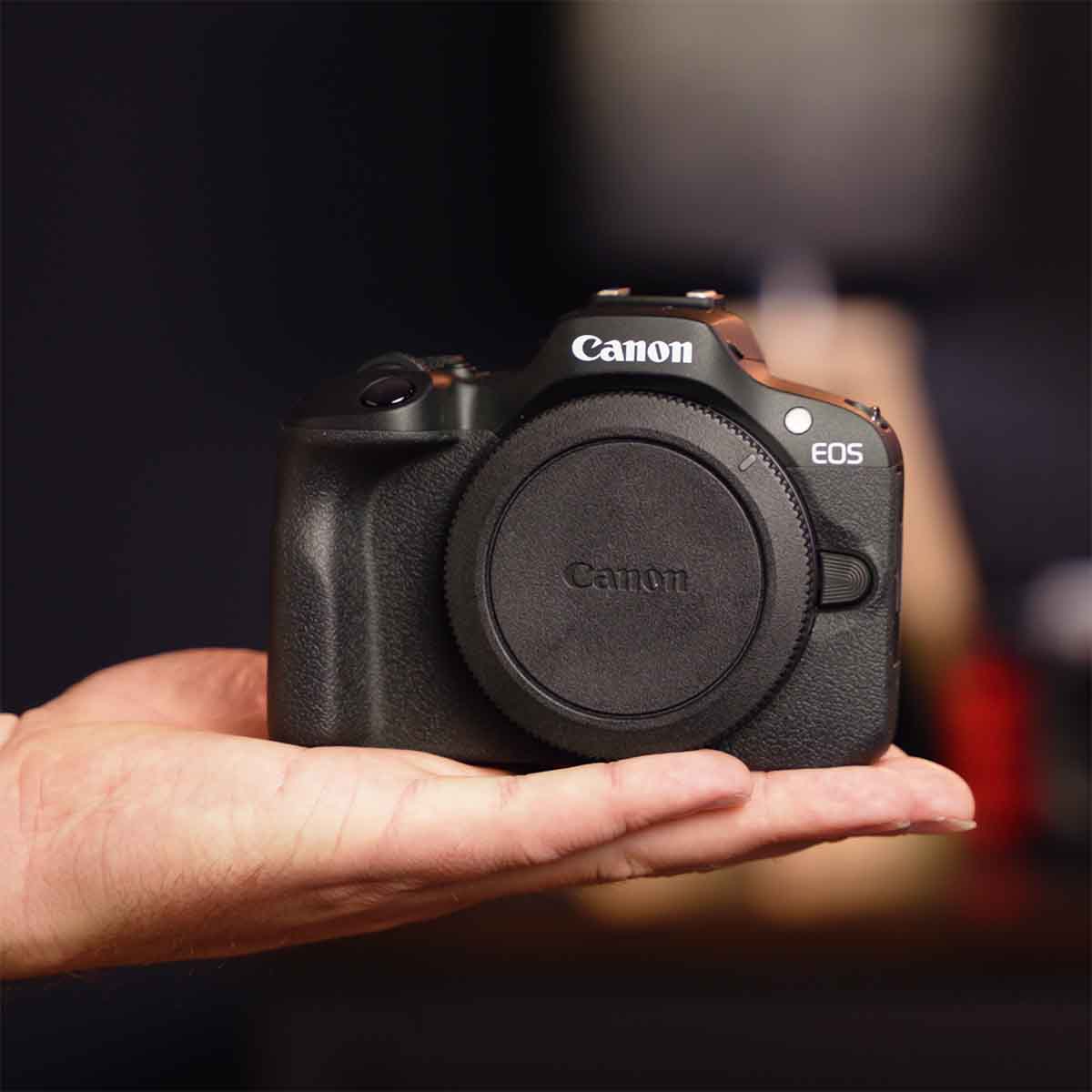
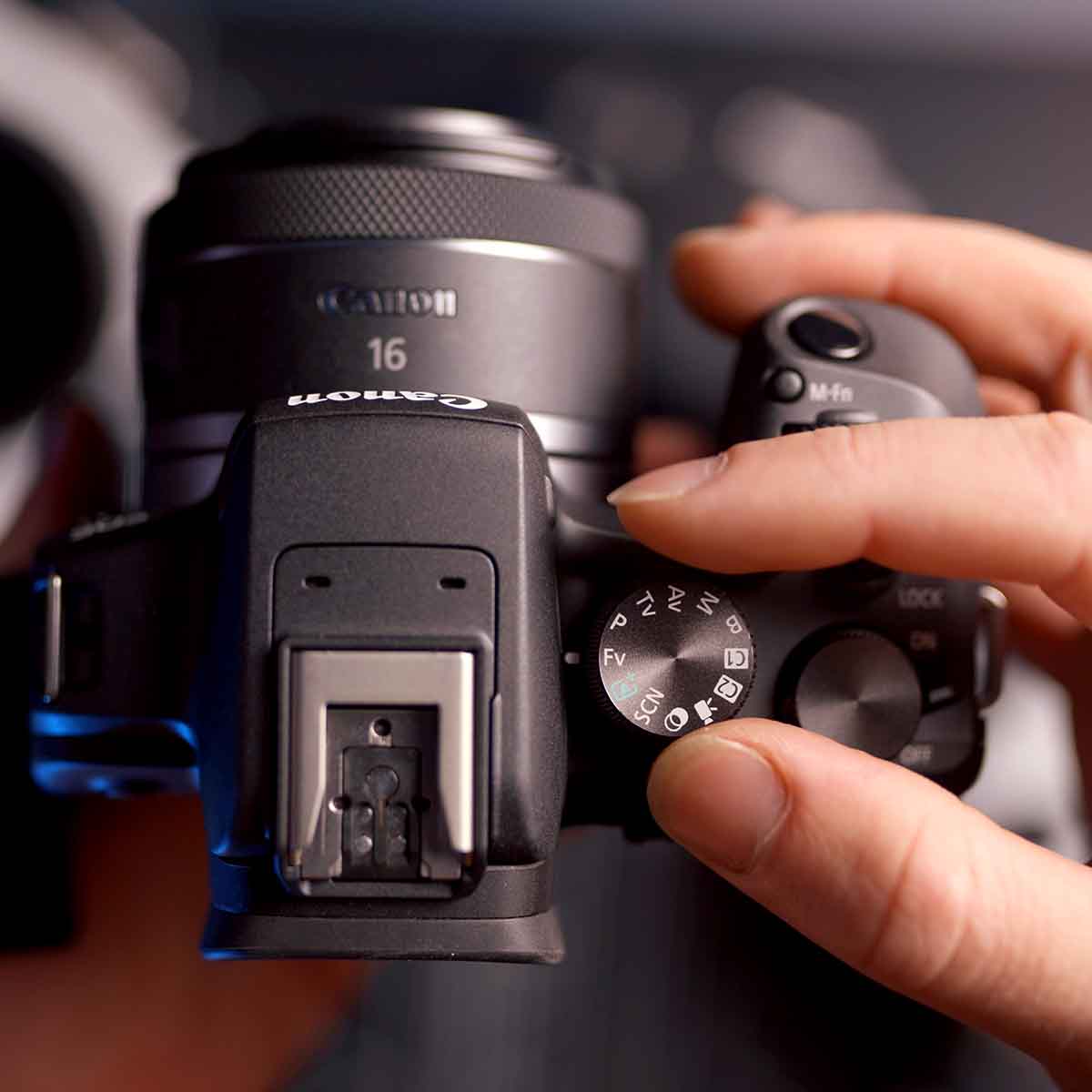
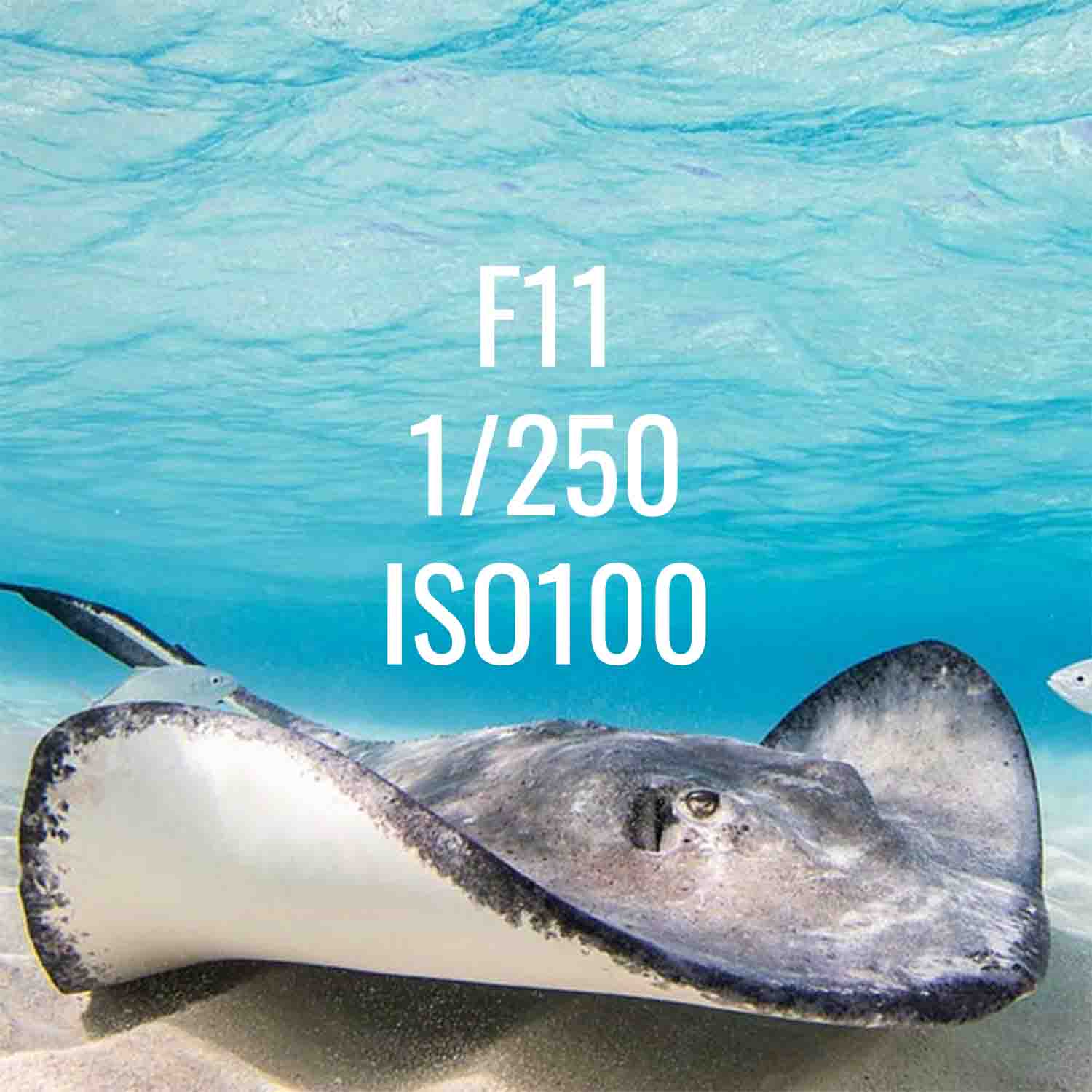
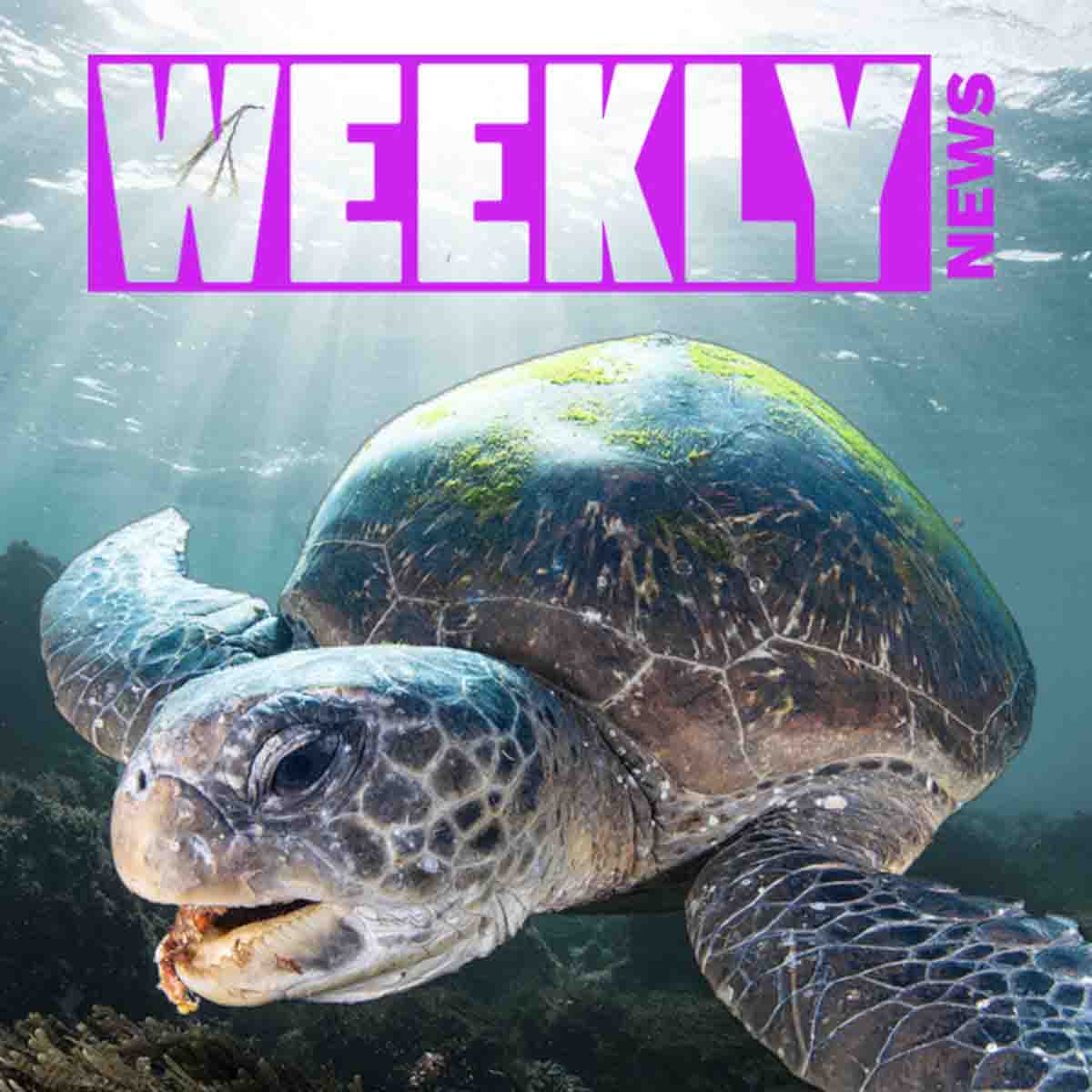
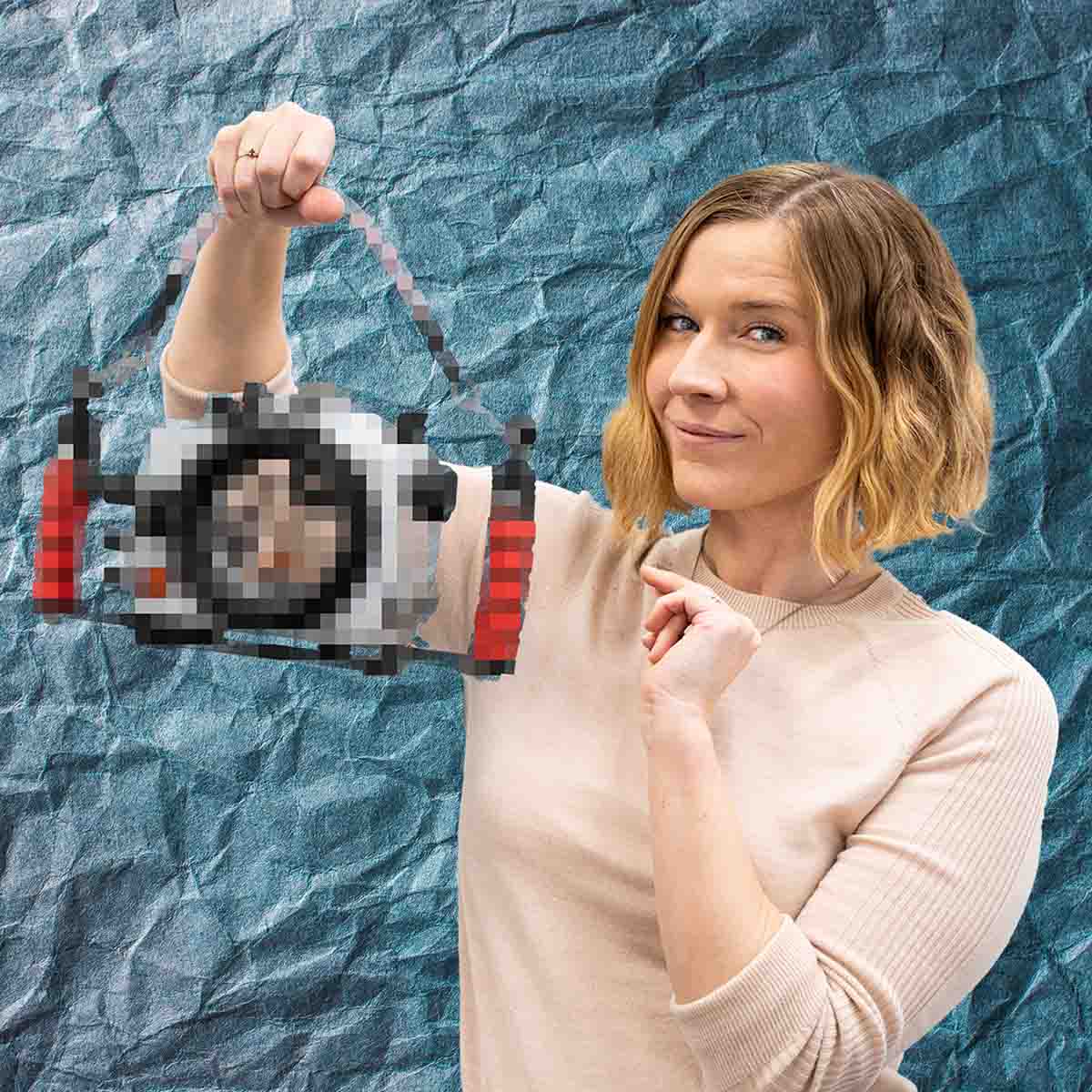
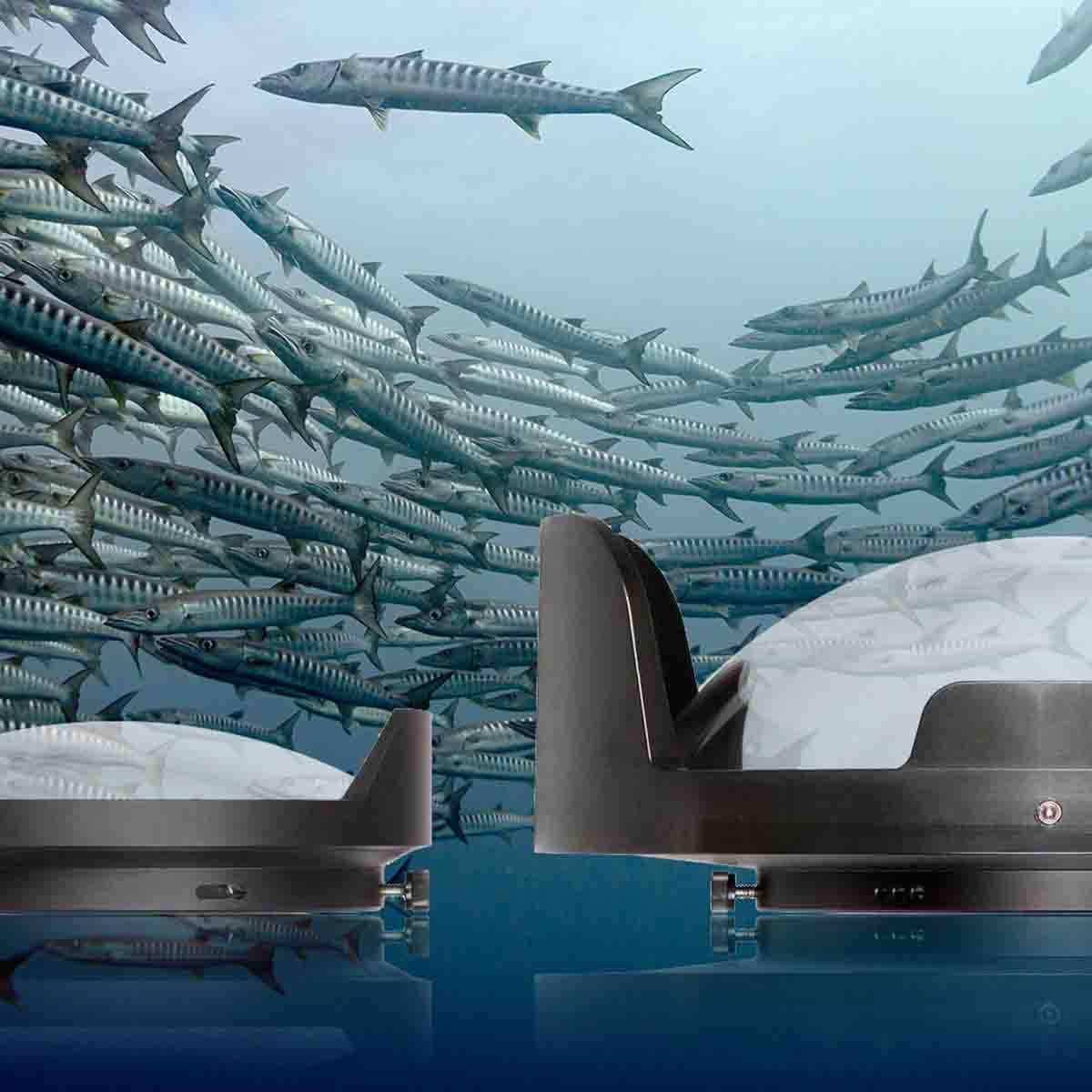
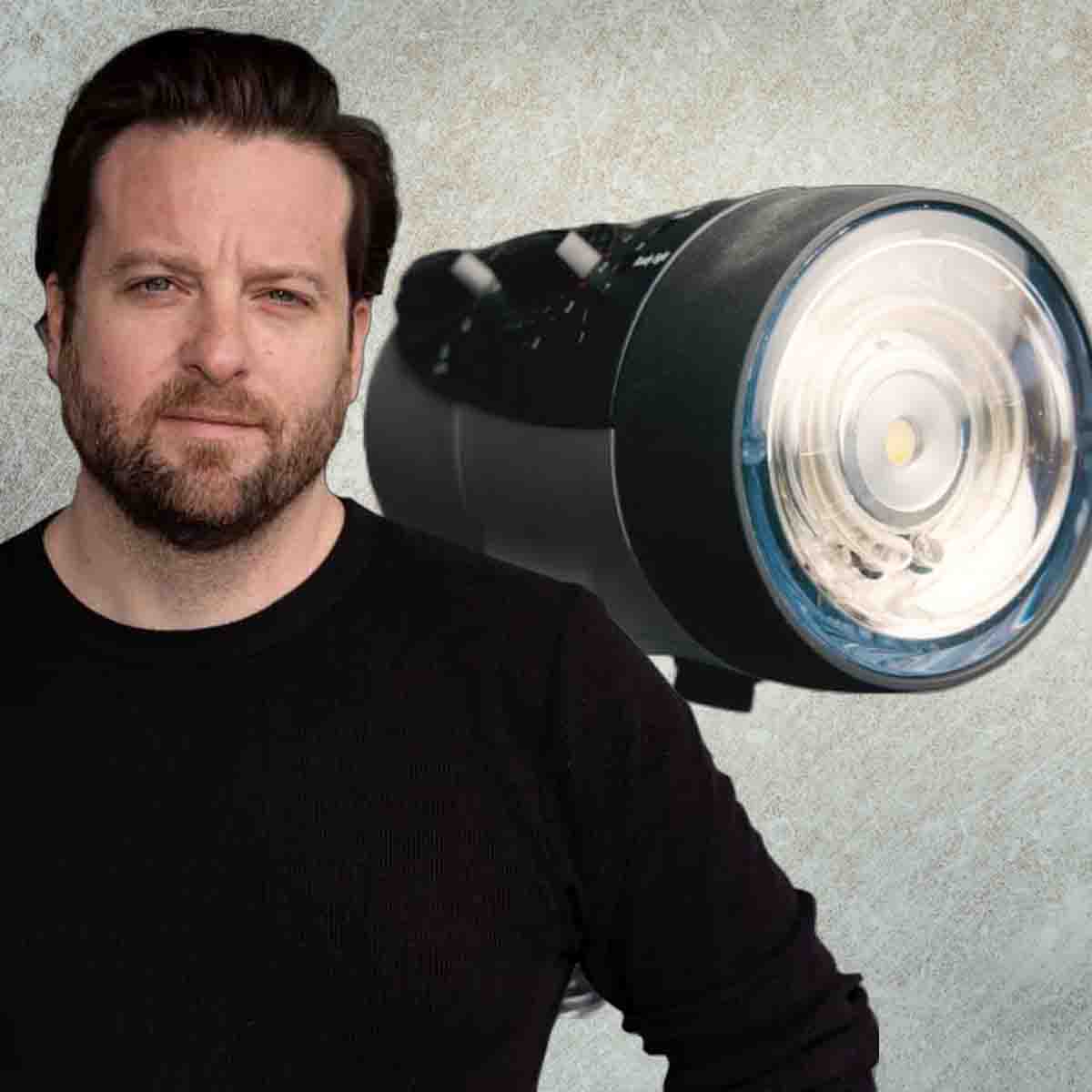
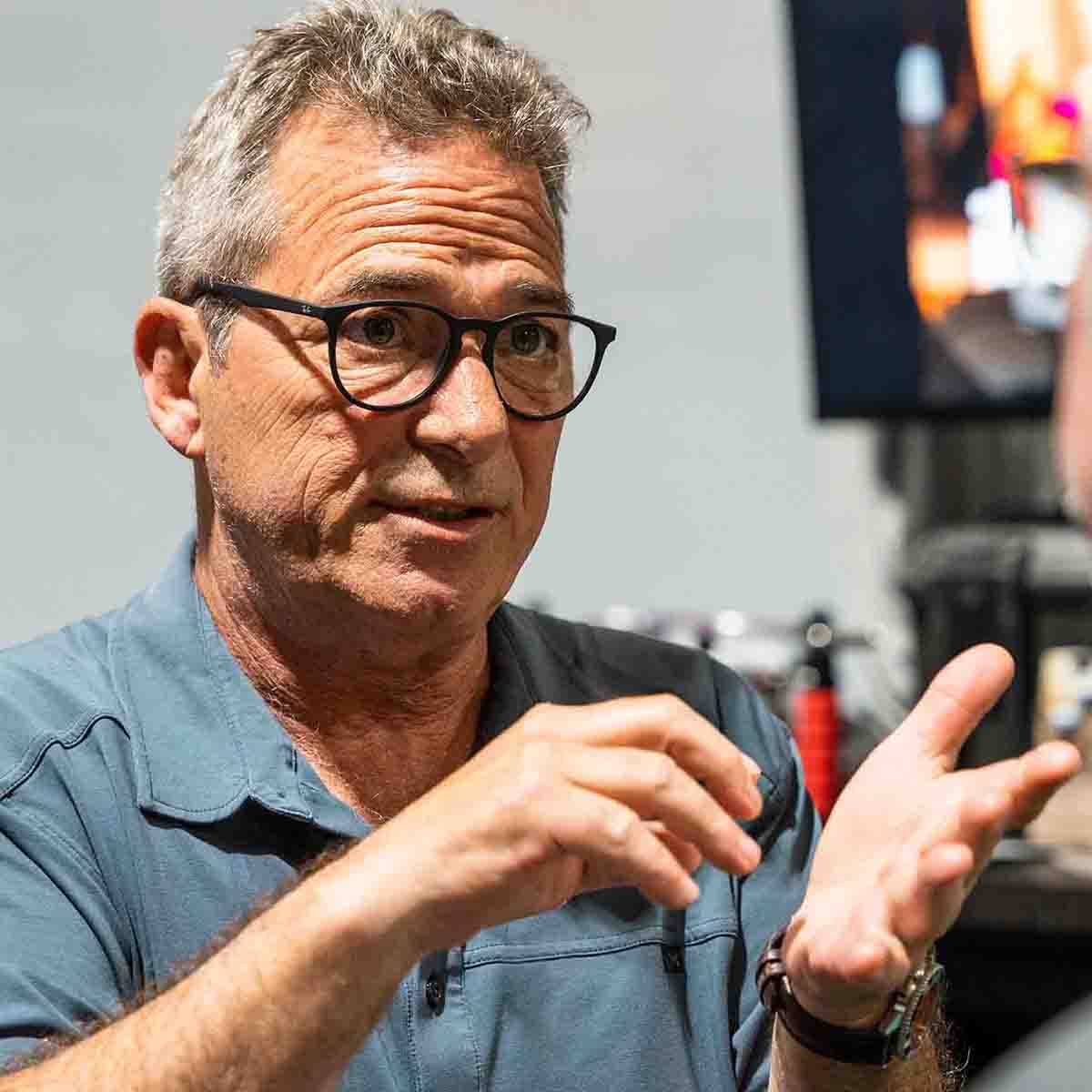

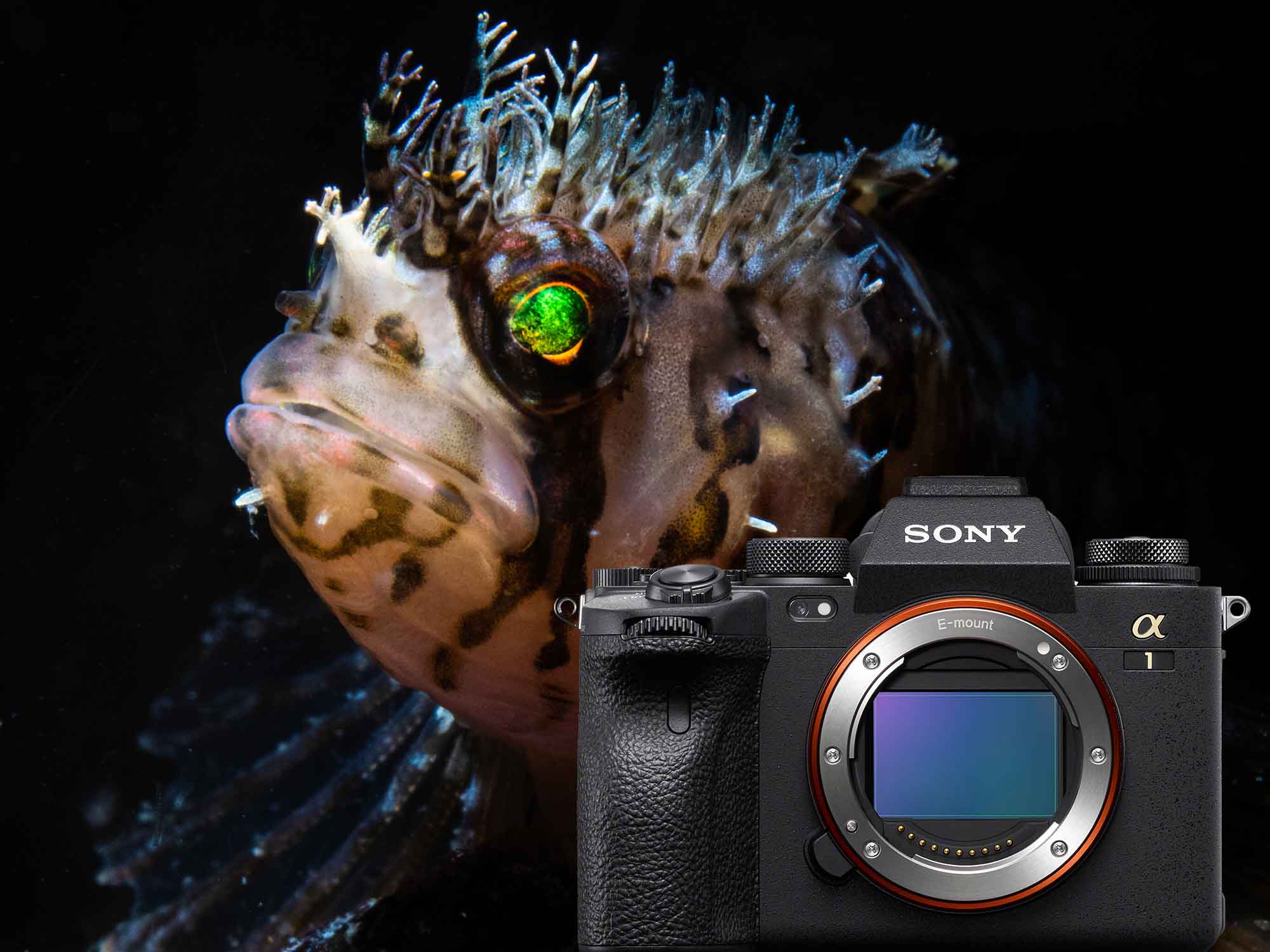
![OM System OM-1 Underwater in Croatia [VIDEO]](http://www.ikelite.com/cdn/shop/articles/marcin-trzcinski-om1-cover-6.jpg?v=1669152855&width=2000)